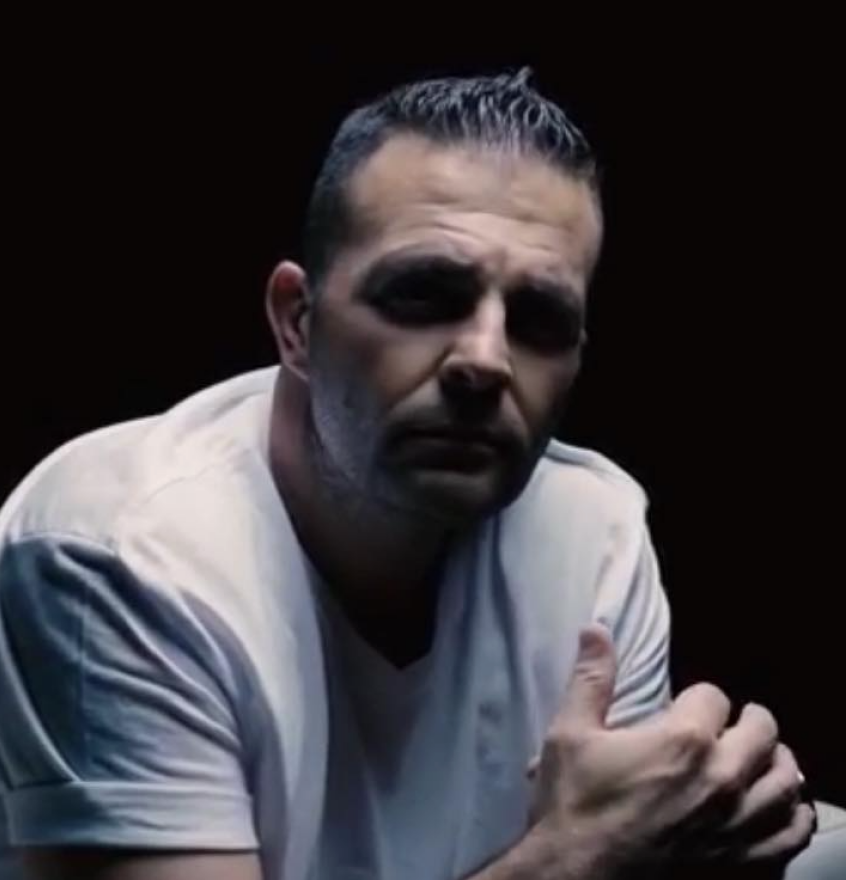How do you forgive a people who have taken away your home and livelihood?
Sharbel Dakwar grew up hating the Jewish people and looking for vengeance wherever he could take it. As a teenager, he and his friends would corner any Jewish boys who wandered into his neighbourhood and humiliate them by cutting off their sidecurls, removing their prayer tassels and throwing away their kippahs. He wanted to hurt them so that they would feel the pain that he and his family carried.

Sharbel's grandparents had lived in the village of Bir'im in the north of Israel. In October 1948, Bir'im was captured by the Jewish Haganah during their operation in the northern Galilee region. A few days later, all the villagers were expelled until the military operation was complete. Having left their homes only temporarily, they came back to be told it was still not safe, but that they would be able to return after a fortnight. They were never allowed to return.
The villagers of Bir'im became internally displaced citizens within Israel. Sharbel's parents grew up a few kilometres from their home village and then moved to Haifa. Bir'im itself became a national park and rather than allowing the villagers to return, the Israeli government offered compensation. 'It left a scar,' Sharbel admits, 'and gave me a deep hatred of the Israelis.'
Sharbel is Melkite Greek Catholic. Like many other Christians, he considered church to be for holidays, weddings and funerals. Jesus was simply the Christian God, just as Muslims had their prophet Mohammed, and the Jews had the patriarchs Abraham, Isaac and Jacob. Sharbel connected with his Christian Arab community and avoided situations that would have brought him into contact with Jews.
Then he met an American called David who invited him into his home and shared his life with him. Through acts of kindness which built their friendship, David became like an elder brother to Sharbel. He gradually introduced Sharbel to a living relationship with Jesus. But when David invited him to his congregation, Sharbel was shocked to see the Israeli flag and a menorah. He fled in panic but David followed him and asked quietly, 'What's up?'
'I hate the Jews, I just don't like them.'
'Sharbel, I'm Jewish... and Jesus was also Jewish.' Sharbel stared in disbelief until the reality sank in. Then he prayed, 'God, if this is true, please take all you want to out of my heart.' As the pain, anger and hatred left, Sharbel was filled instead with peace and then love. He changed from perpetuating the cycle of violence to becoming part of the solution.
The wounds of loss had remained unhealed under a scar until David's invitation to worship God together pushed them to the surface.
The path to forgiveness starts with acknowledging the hurt and allowing the pain to resurface. This pain is a legitimate response to suffering. The reopened scar can lead to anger and the desire for revenge or to an opportunity for healing.
Sharbel chose healing and through his relationship with David began to see the people he had labelled aggressors as humans too. He made the choice to forgive and began to work out that forgiveness with practical actions.
Sharbel worked together with David and other Jews and Arabs in a drug and rehabilitation centre in Haifa. He is now moving to Europe to work with refugees and help others with their journey to reconciliation and forgiveness.
Sharbel's story appears on One for Israel's YouTube channel.
Wendy Halloun is the author of 'Identity in Messiah: finding strength to stand in the last days'. Follow her on Twitter @wordsofclay. She blogs at wordsofclay.com













